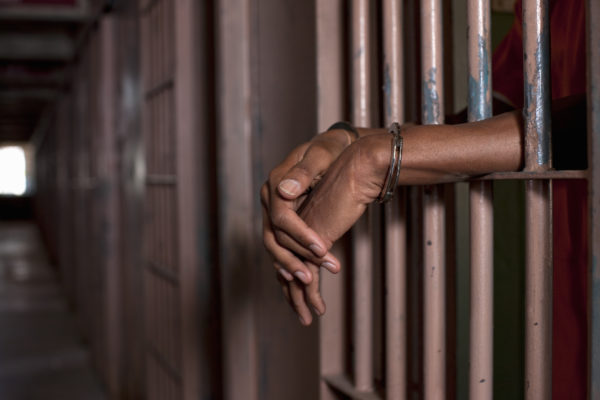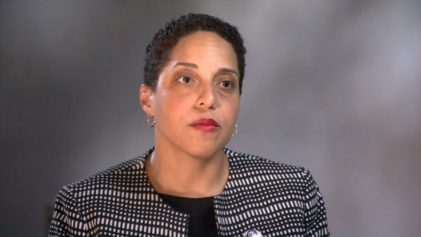Months after the First Step Act cleared Congress, the bipartisan legislation has taken effect with more than 3,000 inmates having been released from federal prison Friday.
On July 19, Deputy Attorney General Jeffrey A. Rosen held a press conference announcing the three main achievements surrounding the passing of the First Step Act. They are a reduction of sentences and the release of inmates; $75 million in re-directed funding from the Department of Justice in order to fund the act in totality and an assessment system meant to look into former inmates’ risk of recidivism.

The release of inmates who have been jailed on drug charges like those relating to crack cocaine, as well as weapons charges, is what many have been focused on.
“Since the passage of the First Step Act in December 2018, approximately 1,691 inmates convicted of crack cocaine offenses have received sentence reductions as a result of retroactive resentencing under the Fair Sentencing Act of 2010,” Rosen said Friday morning. “Additionally, nearly 250 inmates have been placed in the expanded compassionate release and home confinement programs. And starting today at prisons around the country, nearly 3,100 inmates are being released from BOP custody due to the increase in good time credits applied to reduce their sentences under the First Step Act.”
As for the multi-million dollars in funds being funneled from existing DOJ resource funds to pay for the First Step Act, those will be used for the remaining fiscal year, which wraps in September. The department has vowed to work with Congress and the White House to ensure additional funding for the act is appropriated for the next fiscal year.
About 1,100 people who were imprisoned for crack cocaine offenses have been released early, CNN reported, after reduced prison terms had been spurred by the First Step Act. Now, hundreds of others who have been convicted of crack cocaine crimes are seeking reduced sentences.
Meanwhile, of the 3,100 inmates who walked free Friday, 900 others were in state or immigration custody because of pending case or deportation orders; 650 of them were in Immigration and Customs Enforcement facilities, a Justice Department official told the outlet.
In response to the release of thousands of prisoners being released, the Van Jones-cofounded bipartisan initiative #cut50 celebrated the move on Twitter.
“Today, more than 2,200 incarcerated men and women are being released from federal prison under the First Step Act!!! 🙌🏼🙌🏽🙌🏾🙌🏿,” read the tweet. “This is a historic moment for our country and criminal justice reform advocates. We couldn’t be happier to see people return home to their loved ones.
“We are so excited to welcome home members of our communities and look forward to the impact they’ll be making! #Empathy365,” it added.


